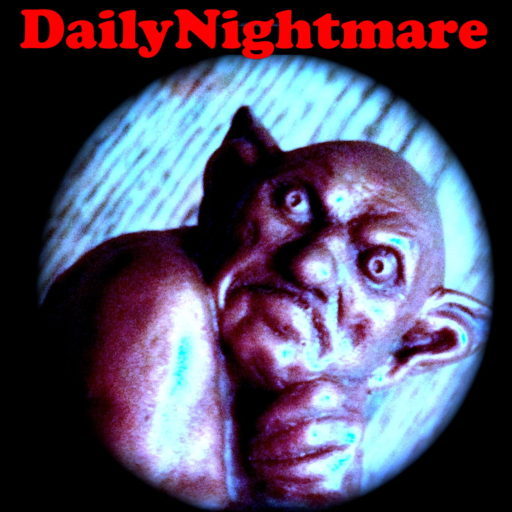I joke about teaching a class one day called “Poetry for Guys” and if I ever get that opportunity, Gilgamesh would have to be on the reading list. I’ve meant to read this ancient poem (poem fragments, really) for years but I finally picked up a copy of the Stephan Mitchell translation from a guy who sells used books from a folding table he sets up on State Street. Ya gotta love a college town, eh? It’s short but I savored every page.
Gilgamesh is an epic tale about a king Gilgamesh who is oppressive and unbearable to his subjects until the gods create a perfect friend for him, Enkidu who is a wild man living in the wilderness. Enkidu is tamed by a temple prostitute, then he challenges Gilgamesh to a wrestling match after which they become best buddies. It’s a very touching story of a friendship between two guys that really can’t be summed up under the phrase “male bonding” let alone “buddy picture.” The pair go on epic adventures together, all slightly tinged with Gilgamesh’s concern that people will forget him when he’s dead. Then, Enkidu falls ill and dies. Gilgamesh is distraught with grief. He tries to seek out Utnapishtim, the only mortal who’s been given immortality. More adventures occur frequently with the refrain, and here I paraphrase “Gilgamesh, dude, you look like crap.” If nothing else, Gilgamesh depicts the grief process very palpably.
I’m mentioning the book here because there is much to commend the poem to a genre-interested reader. Gilgamesh is basically a super hero, depicted as 2/3’s divine and 1/3 mortal. There are monsters that haunt a cedar woods, scorpion people who guard the long tunnel that the sun traverses after sunset, stone-men who pilot a boat… It’s folklore from a radically different time, one not to concerned with ethics, where stories didn’t need morals. Gilgamesh also recounts a worldwide catastrophic flood that bears many similarities to the description in Genesis. The differences are also pretty interesting. The world of the Gilgamesh is polytheistic so there is disagreement and deception among the gods, gods who more or less maintain the same attitudes throughout the story, whereas with the more monotheistic world of Genesis, the God must change his mind, from anger to repentance. There’s a similar though not identical release of birds at the end of the flood. Both narratives mention a gift given as a sign that never again will the world be drowned, one is a necklace, the other a rainbow. Utnapishtim is granted eternal life whereas Noah seems to be plagued by survivor guilt and turns to drink. In an alcoholic stupor, Noah curses one of his sons thus perpetuating the kind of evil the flood was allegedly intended to wipe out. I’m sure folks have spilled much ink comparing and contrasting these two narratives. Frankly, if I had to write a dissertation on Gilgamesh, I’d focus on Shamhat, the temple sex priestess who acts as a sexual intermediary between Gilgamesh and Enkidu.
Plus, it’s short. The poem itself is roughly 120 generously margined pages accompanied by a gently pedantic introduction and an exhausting set of end notes. I’ll slog through end notes when I’m reading seriously but not for summer reading. And I have to say that Gilgamesh actually does make pretty good summer reading at least I read it this summer and it just felt right.
